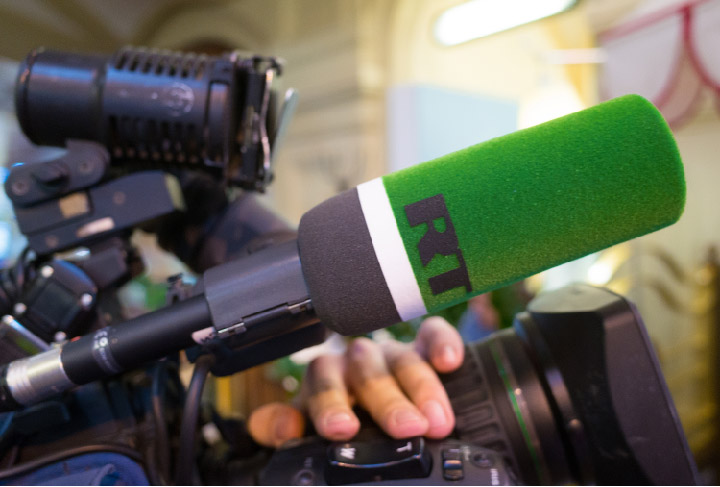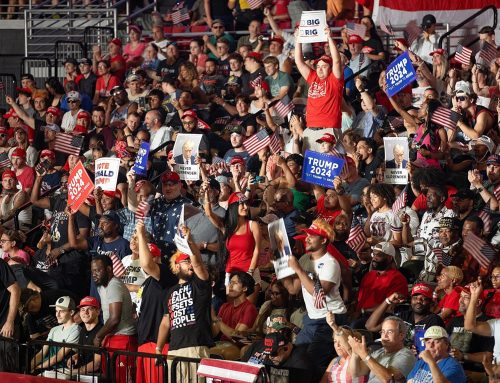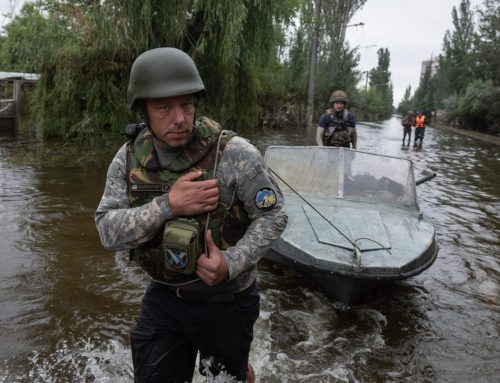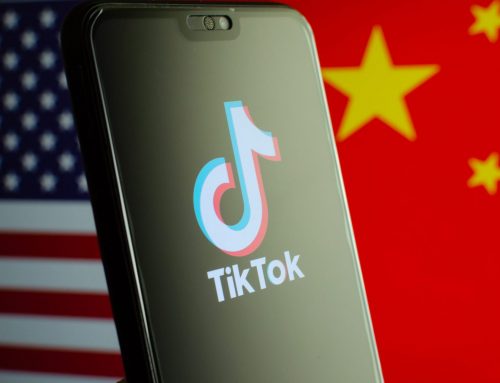Last week, a prominent theme in Russian messaging around coronavirus vaccines targeted the prospect of Sputnik V’s approval in the EU, with the vaccine’s Twitter account calling for the EU’s European Medicines Agency to review and approve it (the approval process formally began March 4). State media highlighted examples of interest in the vaccine from EU member states, local politicians, and citizens; supposed political or economic reasons behind the slow pace of Sputnik V’s EU approval process; and Russia’s willingness to provide doses despite politics. This theme comes amid the continued backdrop of state media and diplomats highlighting positive stories about Russian vaccines and Russia’s benevolence in providing Sputnik V to other countries, while emphasizing adverse reactions, potentially associated deaths, post-vaccination infections, and other issues surrounding non-Russian vaccines. Russian state media and diplomats predictably responded to new U.S. and EU sanctions on Russia over Russian opposition figure Alexei Navalny’s imprisonment by characterizing them as an effort to interfere in the country’s domestic affairs, questioning their true motivations, suggesting they are ineffective (in part because they are allegedly not based in reality), and interviewing EU politicians (who all happened to be members of populist parties AfD and Lega) skeptical of sanctions on Russia. Finally, Russian state media and diplomats slammed the Commerzbank’s decision to close the bank accounts of RT operations in Germany (Ruptly and RT DE) as “political pressure” and “part of a wider campaign to obstruct [RT’s] work in Germany.” The Russian Foreign Ministry also promised retaliation, which is a standard response when countries announce measures against RT or Russian-language media outlets.
Chinese officials and state media last week continued to defend their government’s policies in Xinjiang. The topic was particularly prominent in tweets from Chinese officials and diplomatic accounts, where “Xinjiang” was the third most mentioned term last week (it was the eighth most mentioned topic when including state media accounts). The tactics used to defend China’s policies were similar to those noted in previous weeks, including attacking the credibility of those who have shone a light on China’s human rights abuses in Xinjiang (particularly the BBC and German researcher Adrian Zenz); highlighting the positive demographic changes in Xinjiang over the past several decades (while conveniently omitting the fact that the reversal has occurred over the past two years, after China’s policies received negative international attention); and whataboutism arguments criticizing the United States and other democracies’ over their human rights records. Chinese diplomats’ efforts to promote “Uyghur Beauties” backfired rather spectacularly, however, after a tone deaf tweet from a Chinese official in Pakistan seemed to command Muslim women “to lift your lid [hijab] and show me your eyes.” Outside of Xinjiang, Hong Kong was another top topic last week, ranking as the fourth most mentioned topic overall and the third most mentioned if looking only at official and diplomatic accounts. The upcoming electoral reform that Beijing plans to impose on Hong Kong was framed as putting “patriots” back in control. Consequently, “patriots” was the second most used key phrase in tweets from Chinese officials and state media concerning Hong Kong last week. While much of the coverage of Hong Kong was simply relaying officials’ announcements and helping sell the idea of a city “administered by patriots,” other content took aim at countries who would help Hong Kong citizens alienated by the CCP’s nationalist rhetoric. Although less prominent than the other two topics, Chinese vaccine diplomacy and the accompanying narratives continued last week, as “vaccine” and “vaccines” were respectively the seventh and eighth most mentioned topics by official and diplomatic accounts last week. The key narratives largely echoed those covered in ASD’s recent report on China’s vaccine messaging.
On the Iran dashboard, the Iran nuclear deal (JCPOA) was again the dominant topic promoted by regime-linked Twitter accounts, with tweets from the supreme leader and the foreign minister among the most widely circulated. This diplomatic full-court press was fully supported by the regime-backed media, with eager reporting on every repetition of the regime’s position, though mostly for little engagement. PressTV took a slightly different angle, as they highlighted pressure from American progressives in favor of the Biden administration lifting sanctions against Iran immediately. Iranian officials remained surprisingly silent on the U.S. strike against Tehran-backed militias in Syria last month. Pro-regime media have covered the strikes to some degree but have relied on statements from non-Iranian politicians to condemn them.
The views expressed in GMF publications and commentary are the views of the author alone.








